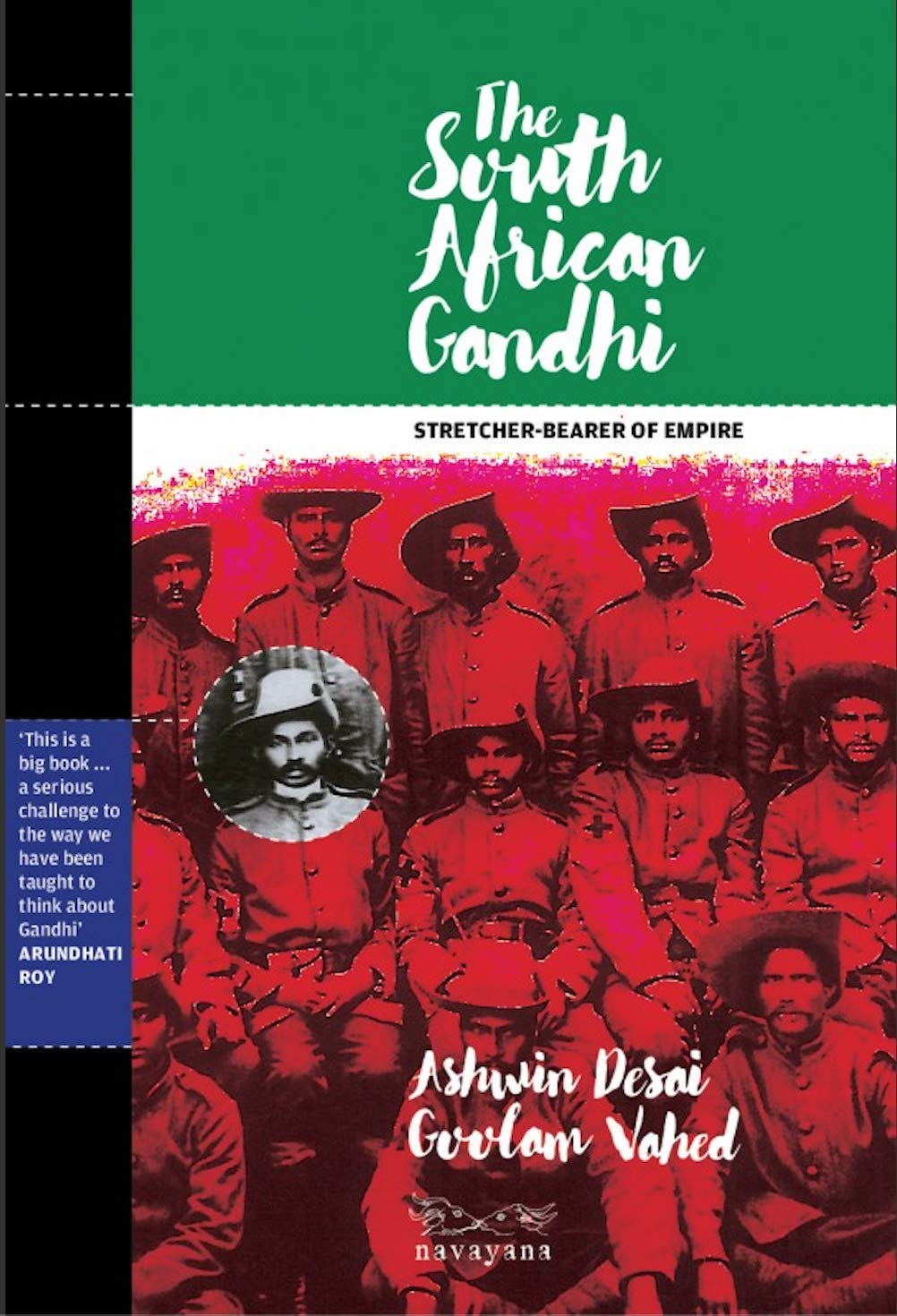معلومات عنا
دعم العملاء
احصل على التطبيق

قم بتوجيه الكاميرا لتنزيل التطبيق
حقوق الطبع والنشر © 2024 Desertcart Holdings Limited


The South African Gandhi: Stretcher-Bearer of Empire
S**S
Rethinking the Mahatma: A Review of "The South African Gandhi"
Desai and Vahed's "The South African Gandhi" shatters the image of Mohandas Gandhi as an unwavering champion of the downtrodden. Instead, it exposes a complex, and frankly, unsettling figure. While Gandhi honed his non-violent resistance in South Africa, the book reveals a man deeply entrenched in colonial power structures.The title, "Stretcher-Bearer of Empire," perfectly captures the authors' argument. Gandhi, far from being a thorn in the British side, actively supported the Empire. His participation as a stretcher-bearer in the Boer War and his demands for weaponry during the Bhambatha Rebellion paint a picture of someone comfortable with, even eager for, British dominance.More disturbing is Gandhi's well-documented racism. The book highlights his disdain for Africans and his belief in a shared Aryan heritage with the British, a belief that fueled his desire for inclusion within the Empire, not its dismantling.This portrayal forces a reevaluation of Gandhi's role in Indian politics. Can a man who collaborated with an oppressive regime truly be the father of Indian independence? "The South African Gandhi" is a challenging read, but a necessary one. It compels us to confront the complexities of historical figures and question the narratives we hold dear.
J**B
The best assessment.
Just quoting from the book- page 269." Gandhi's long sojourn in South Africa was coming to an end, a story that began in 1893 when Gandhi landed on the shores of Port Natal. The journey saw him in various roles that often overlapped and sometimes clashed. He was a lawer and law breaker, journalist and propagandist, a loyel subject of Empire and agitator, a fighter against discrimination and a racist, a man of principle and a dealmaker, and a passive resister yet a sergeant major."One cannot express in words the complex story of Gandhi as a man better than this.Must read!
P**.
Filled with many unknown facts and an eye opener
I would recommend everybody in India to read the book to know many facts on Gandhi. There is nothing much "Mahatma" about him.
S**M
Gandhi's early days in South Africa - completely exposed
Reveals previously hidden and quite shocking details of Gandhi's views on the native people of South Africa, his desperate desire to be accepted by the european (both dutch and english) masters of that country.Oddly enough, while it covers his 20+ years in that country, there is little or no mention of his work as a barrister. I bought this book expecting to learn what he actually did in SA during his time in court, and it appears he spent his time writing letters to the editor, complaining on his own newspaper, and carrying water figuratively for the Empire.In reality he supported the British Empire AGAINST the native Africans, as is borne out by the title here itself.Highly recommended.
A**M
Mr. Gandhi was a pawn.
Since I have gain social senses, I was always sceptical about our so called father of nation. This book is another Affirmation on my thinking. Also it's high time that we bust the myth of Gandhi. I love my nation and so Mr. Godse. The most important decade of modern India is 1940 to 1950 and one who will know exact details of that decade can never respect Gandhi or Nehru for that matter.
B**K
Interesting
A deified man. Who was not so Mahatma.
A**R
Well researched works like this book by Ashwin tell us that Gandhi was ...
Sanitizing the life of saints is a hobby of the fans. History is manipulated to achieve it. Events are taken selectively, as are parts of the spoken and written statements. The process transforms the man into a mythological figure. Well researched works like this book by Ashwin tell us that Gandhi was human and suffered from human frailties. I admire the deft handling of the subject by the authors given the sensitivity of a nation and the present times.
S**L
A reliable source that cares for customer satisfaction
Personal reading
ترست بايلوت
منذ 4 أيام
منذ شهرين